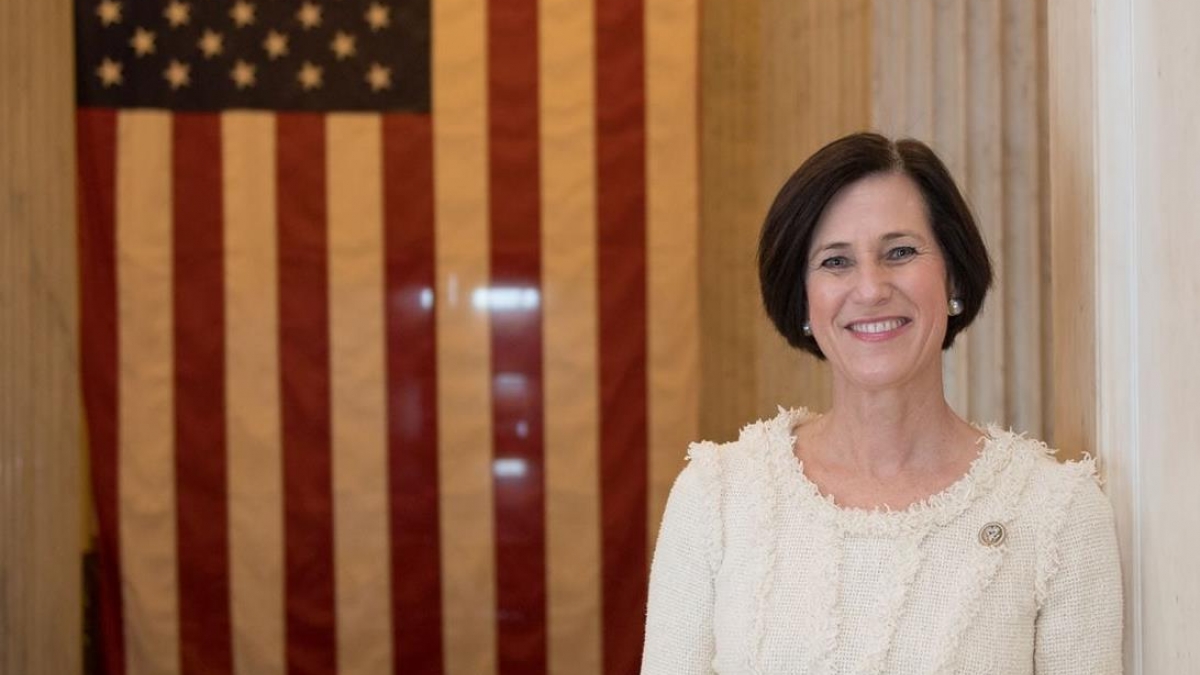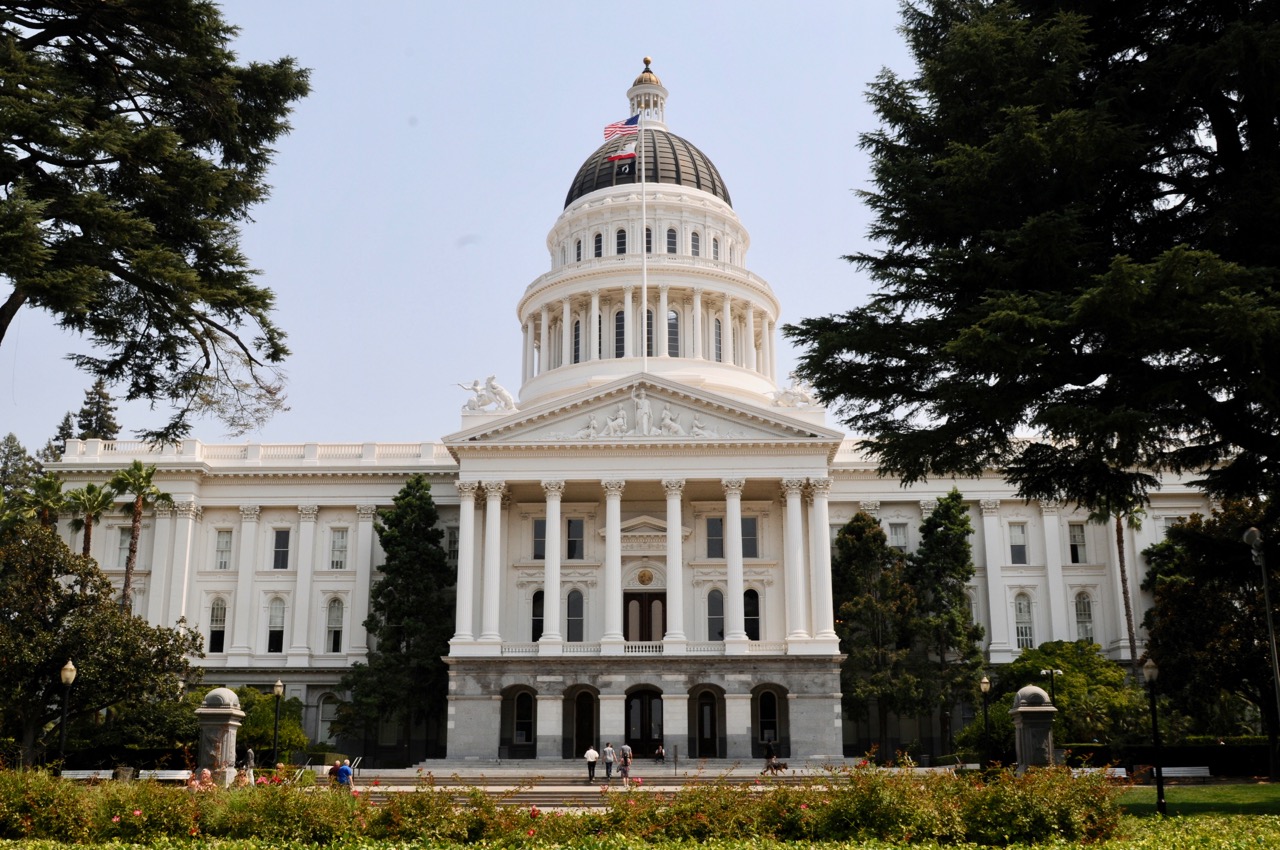
Busy commuters step over a sleeping figure on the streets of San Francisco. (Photo: Ken Kurson)
Proposition C Pits Rival Start-Up Billionaires Against One Another
Benioff Vs Dorsey on Proposal That Would Tax Local Biz to Fund Homeless
By Sean Brown, October 16, 2018 11:12 am
In three weeks the city of San Francisco will vote on a highly contentious proposition that will ask residents to decide if they should tax large local businesses in an effort to help alleviage the homeless epidemic long plaguing the metropolis. The proposal has high-profile startup titans taking sides.
The proposed business tax, called Proposition C, would require businesses with over $50 million in gross revenue to pay a tax of roughly 1 percent and those with over $1 billion in gross annual revenue to pay a tax of 1.5 percent. The ordinance would generate as much as $300 million annually beginning in 2019 to further fund the fight against homelessness and mental illness.
The controversial proposal has all the city’s big names and big companies quarrelling over the idea on Twitter and in City Hall. The city’s largest employer Salesforce, run by founder and CEO Marc Benioff, has strongly endorsed the new tax despite its potential to cost his company nearly $10 million per year. Benioff’s opinion on the issue is so strong that he recently told the SF Chronicle “he and his company will give a collective $1 million — $500,000 from himself, $500,000 from Salesforce — to the Prop. C campaign and then spend about $1 million or more on his own advertising campaign supporting the proposition.” Part of Benioff’s reasoning in support of the proposition is that he fears people will not want to work or live in the city unless something is done to address the problem.
We have an extraordinary homeless problem in San Francisco. We have about 7,500 homeless individuals on our streets, and about 1,200 homeless families. The situation is expanding and getting worse, and current programs are not adequate. @OurHomeSF pic.twitter.com/H6qfhgpxqD
— Marc Benioff (@Benioff) October 16, 2018
On the other side of the fight, which is playing out on Twitter, is the CEO of precisely that social network. Jack Dorsey tweeted that he opposes Prop C and sides with newly elected Mayor London Breed and State Senator Scott Wiener, who are supporting unspecified avenues to address what he acknowledges is a serious problem. Benioff fired back with a challenge, asking Dorsey to name specific programs in “our city” that Twitter is supporting. He asked the same of Square, a payments company that Dorsey also leads.
Hi Jack. Thanks for the feedback. Which homeless programs in our city are you supporting? Can you tell me what Twitter and Square & you are in for & at what financial levels? How much have you given to heading home our $37M initiative to get every homeless child off the streets?
— Marc Benioff (@Benioff) October 12, 2018
The introduction of Stripe is touchy because it hits on something that opponents find unfair about the proposition. A payments business like Stripe would be expected to have enormous revenues, but not necessarily the same profits as a company with a similar payroll. So Stripe would be hit relatively harder by the way the proposition is formulated.
That’s probably why the CEO of another payments company, Patrick Collison of Stripe, has come out against Proposition C. And he made it personal. In a condescending tweet, Collison wrote, “Am with Jack. Marc is well-intentioned, but I trust Mayor Breed’s expertise on homelessness over his.” Collison has been criticized in Silicon Valley for, as one SF payments exec told the California Globe, his hypocrisy when it comes to philanthropy.
“Patrick boasts about his company’s $20 billion valuation,” said the executive, who declined to allow his name to be used because of the small size of the community. “But when it comes time to write checks, he says he’s not liquid because they’re not public.”
The reaction to Collison on Twitter was swift and harsh. One tweeter posted a screenshot of a magazine estimating Collison’s net worth at $1 billion. Another named “@expropriate jack dorsey’s house then upzone it” sent Collison a message in keeping with his or her handle: “you don’t need to keep tweeting about how you wanna keep your Trump tax break boo we get it.”
Others also linked opposition to Prop C to President Trump, the Bay Area’s most popular punching bag. A handle called @NoPlanSF calls itself “No on Prop C: Protect Our Trump Tax Breaks™” – it sarcastically tweeted a thank you to Collison thanking “@stripe for their generous donation of $19,999 to oppose Prop C’s solutions to the homelessness crisis. Why $19,999, you ask? Because if they donated $20K, we’d have to include their name in the Ethics disclosures for all of our communications!”
Although you would be hard pressed to find someone who denies the abundant levels of panhandling and open-air drug use taking place on a daily basis, there are numerous other influential people who strongly oppose the measure. Perhaps most notably is San Francisco Mayor London Breed, who worries that if passed, the policy will attract even more homeless people into the area and further drain the city of its already strained resources.
Breed said earlier this month, “By dramatically increasing our homelessness spending without working with neighboring counties, Proposition C could put us in the untenable and expensive position of funding services for residents from other counties.” She added that San Francisco has already spent so much money exhausting its resources that throwing more money at the problem cannot solve it. Instead, she insists working with neighboring counties and leadership in Sacramento “to bring new state, and ideally federal, money to the table” is a better solution.

According to Fox Business, homelessness is up for the first time since 2010 in the United States. The majority of that due to the spike in California which saw a homeless population rise of 13 percent compared to the national average of 1 percent. A combination of California’s high rent, low wages and increasing taxes has certainly attributed to forcing many of these people onto the street; however, these factors have also added pressure on companies doing business within the state. Just last month, the CaliforniaGlobe reported on several businesses deciding to leave the ‘Golden State’ including Fortune-500 company Core-Mark, which will be trading the San Francisco region for Dallas Texas this January. It will be interesting to see if other businesses exit the state if this proposal passes.
The proposal comes only a few months after the city of Seattle tried levying a similar type of tax on its hometown companies, such as Amazon and Starbucks. Both companies were eventually able to persuade the city into voting against the tax after many threats of layoffs and departure. “Seattle’s council voted 7 to 2 to repeal the tax. The vote capped more contentious debate at Seattle City Hall, in which several speakers accused the local government of bending to the whims of Amazon.”
Am with Jack. Marc is well-intentioned, but I trust Mayor Breed's expertise on homelessness over his.https://t.co/isC6JcwCMr
— Patrick Collison (@patrickc) October 12, 2018
The difference between the two cases is that San Francisco citizens have decided to put Proposition C on the ballot versus the Seattle City Council imposing the regulations. In other words, California’s state officials have essentially left decisions up to the people. The benefit of this type of action is that people get a direct say in what laws they do or don’t want. However, many times these laws are not properly vetted or litigated as they’d normally be. This referendum-type voting, unique to the state, has been criticized for being behind numerous issues placing California on the chart for the top 3 in disparity of income, highest gas prices and largest homeless population.
Studies indicate there are anywhere from 7,000 to 7,500 homeless people currently living on the streets of San Francisco.
- McCarthy Signals That He’d Support Border Barrier Other than Wall - February 6, 2019
- DCCC Adds Nunes to Its Early Target List - February 6, 2019
- Gavin Newsom Places Ads in Key 2020 States - January 24, 2019







